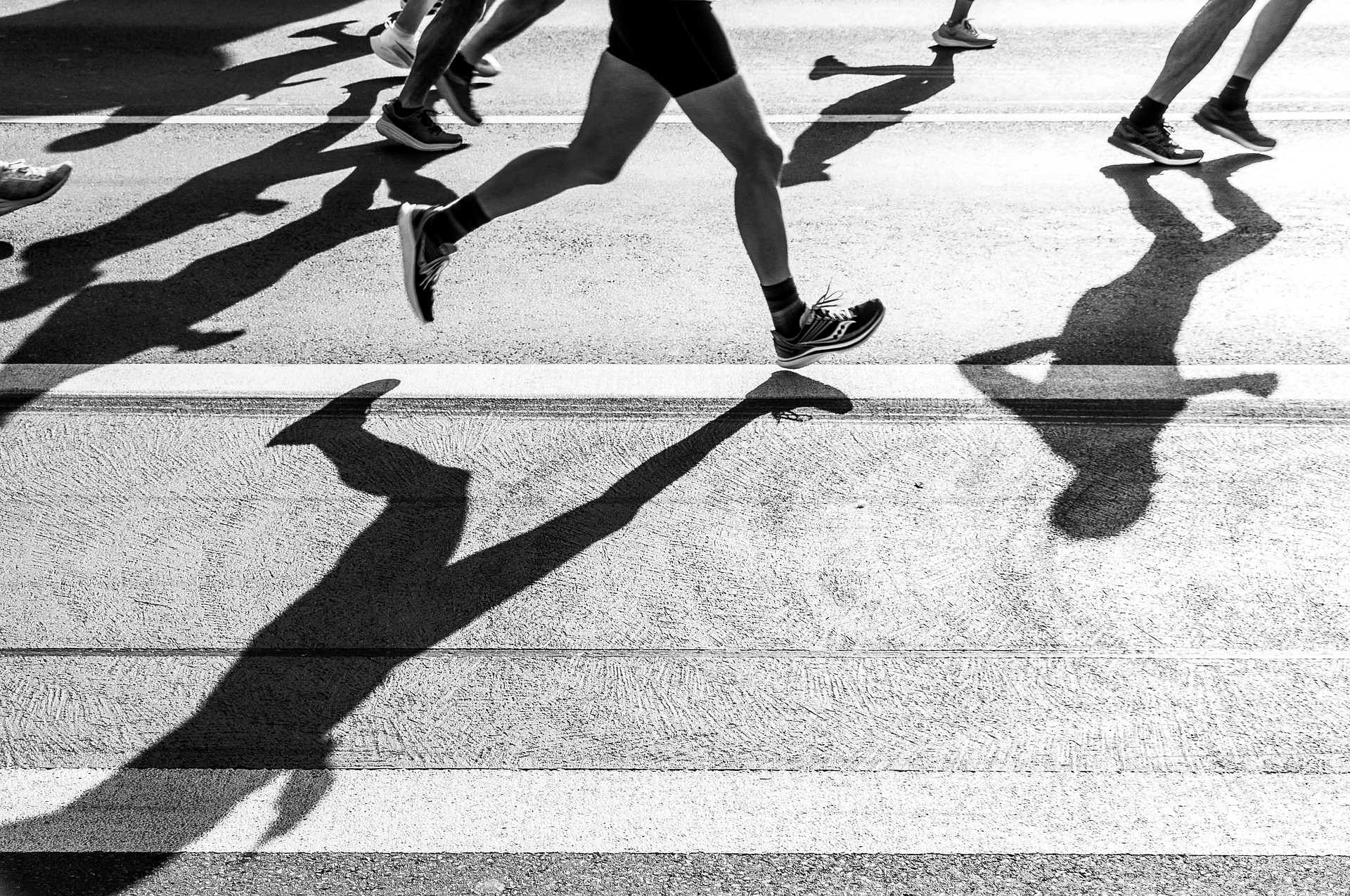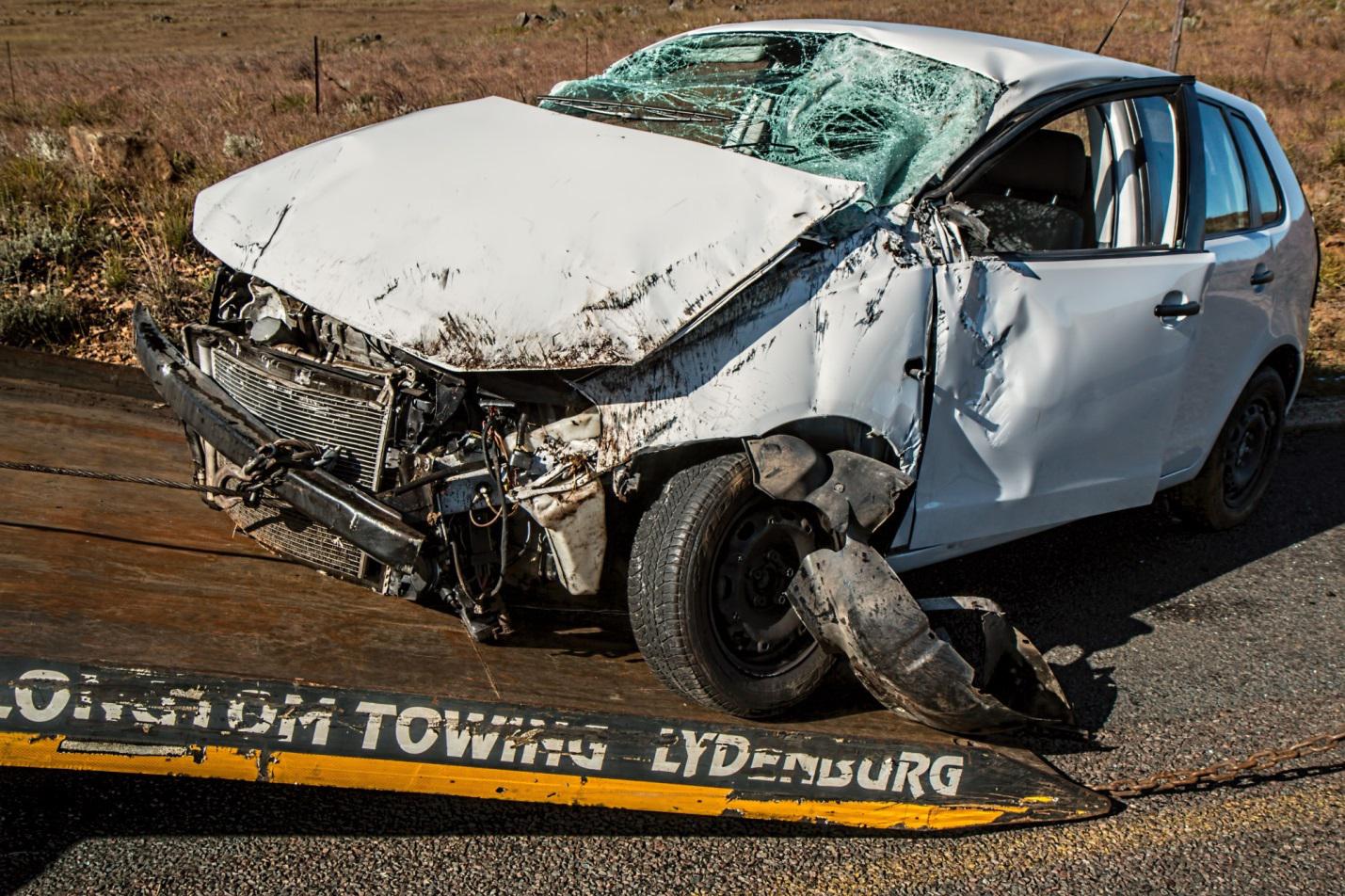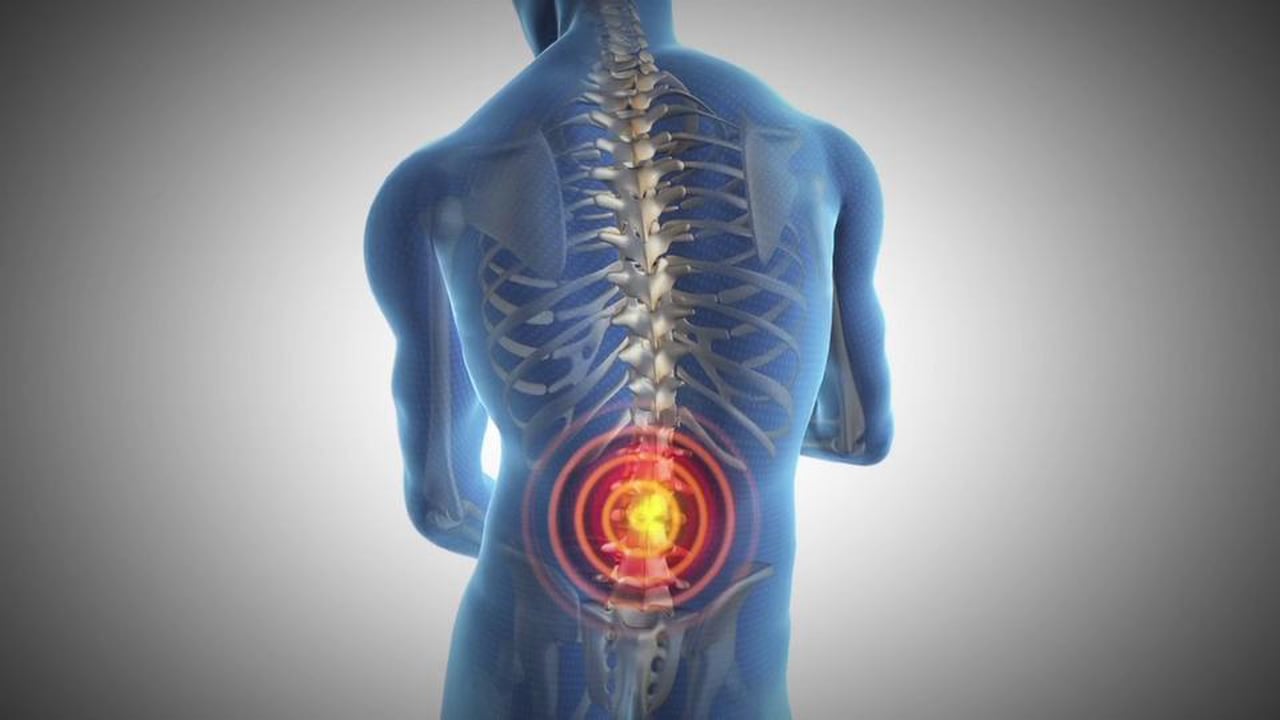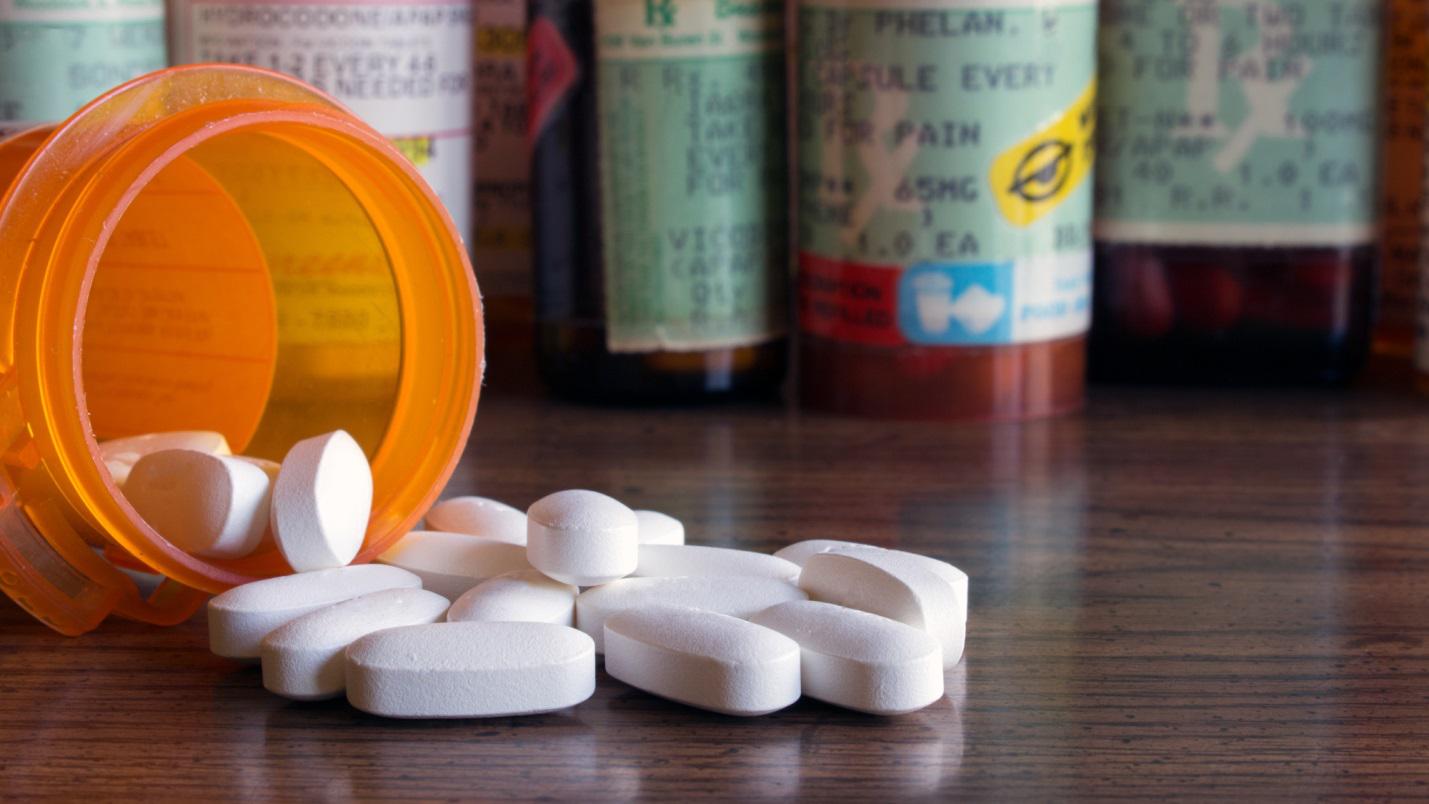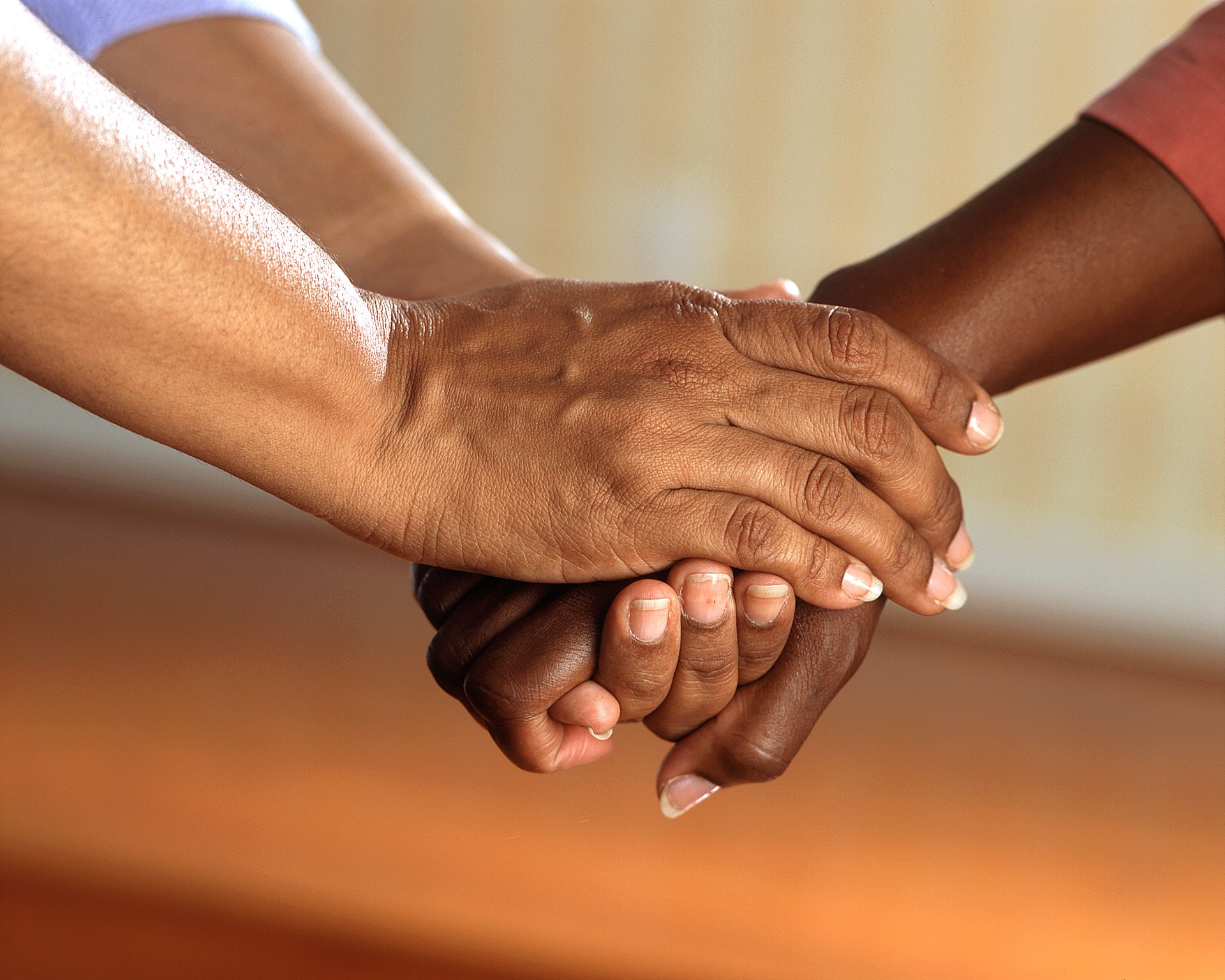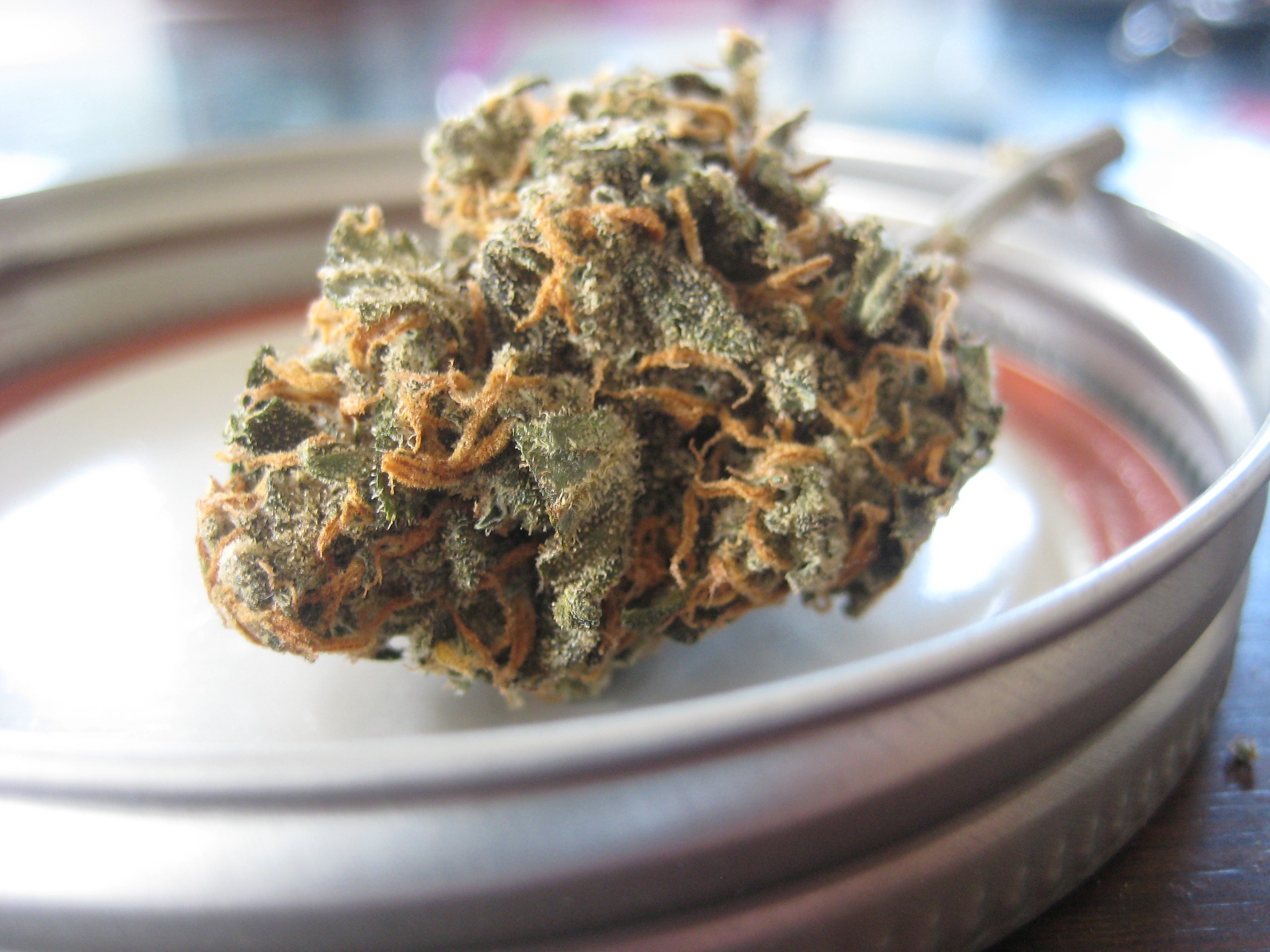If you’re new to the world of marathons, it’s natural to feel daunted in the lead-up to the big day. Whether you’re worried about your performance, your prep, or anything else, we’ve all been there.
If you don’t address these worries, they can be debilitating. They may affect your mental health, your performance on the day, and you could even drop out of something you’re really excited about as a result. We don’t want that!
Here, we cover seven of the most common pre-marathon worries and reveal seven things every runner wishes they’d known before the big race.
You’re going to finish
For beginners, worrying about not finishing the race is common. However, if you’ve prepared in the right way, there’s a very high chance you’ll finish. Statistics show that over 90 per cent of runners finish marathons. Unless something serious impacts you, like illness or an injury, rest assured in the knowledge that you can do it! It’s a bit of a cliché, but do remember that this is a marathon and not a sprint – starting off at too high a tempo is one of the main reasons some people don’t finish.
In terms of finishing last, that’s also highly unlikely. Think about it: you’ll be surrounded by thousands of runners, all with different abilities. Even if you’re a beginner, there are probably people who will finish behind you. But in the unlikely instance that you do finish last, who cares? Just completing a marathon is an enormous achievement!
You’ll hit a wall
It’s common for runners to experience fatigue and “hit the wall” around 18 to 20 miles into their marathon. This is because, on average, we burn 100 calories per mile when running, and the body is only capable of storing between 1,800 and 2,000 calories of our main energy fuel, glycogen, at a time.
This is where energy drinks and gels come in. The faster you run, the more your body relies on carbohydrates as fuel. So although on the gentler periods in your run, your body can tap into its fat stores, you need to top up those depleted glycogen stores during your race.
It’s recommended to take your energy gels, drinks, or carb-heavy snacks before you start to hit the wall so your body has time to send the fuel to your muscles and brain. If you’ve run marathon distances before the big event itself, you’ll know at which point you’re most likely to feel fatigued. Your training also gives you the opportunity to test out these gels to work out which one works best for you. Don’t crack open a gel mid-race if you’ve never tried it before!
You might not sleep the night before
Adrenaline, excitement, and anxiety are the perfect brew for a night of fitful sleep. Some runners are familiar with this and will prepare themselves for a soothing sleep, but beginners might be taken by surprise.
Addressing your anxieties over the race is one of the best ways to stop it from affecting your sleep. Writing down your worries is a proven mental health technique that will help you stop ruminating. Once you’ve relieved your overactive mind, give yourself plenty of time the night before to carry out a relaxing pre-bedtime routine. This can include having a bath, reading before bed instead of watching TV, and having a warm caffeine-free drink before bed.
You might get injured
Marathons put a lot of stress on the body. Because you’ve likely been running marathon distances as part of your training routines, your preparation comes at the risk of injury too. If you’ve made it to the day of the marathon with no injuries, congratulations! This doesn’t mean you won’t get one during the main event though, so preparing for this scenario can aid your recovery and reduce the impact of potential injuries.
Wearing the right running shoes is one of the most important steps you can take to prevent injuries because poor footwear will cause pain and damage to your legs, knees, hips, and feet. Stocking up on items that both prevent and treat injuries is also a good idea. Hot and cold sprays for before and after your race are essentials, while using your foam roller once you get home is a great way to ease tight muscles and prevent delayed onset muscle soreness (DOMS).
You don’t have to experience a bathroom emergency
A lot of runners, experienced or beginner, have anxieties about experiencing a bathroom emergency during a marathon. Those with conditions like IBS, Chron’s, or weak bladders may be particularly anxious, but there are ways you can manage your condition during the race.
It’s recommended that runners finish their breakfast or pre-marathon meal at least 90 minutes before the run. This meal should be made up of energy-fuelling simple carbohydrates rather than high-fibre foods, which may contribute to bowel conditions during the race. Over-the-counter anti-diarrhoea tablets are good as a temporary measure, but make sure you don’t do this too often.
For those concerned about needing to urinate during the race, drink about 500ml of water an hour before the race, empty your bladder, then don’t drink again until about 10 minutes before you start.
You need more time to prepare on the day than you think
If this is your first marathon, the whole day might feel a bit overwhelming. You need to make your way to the starting point, find your zone, go to the bathroom, have something to eat and drink…the list seems endless.
Planning out your day is essential. If you’re taking part in the Paris Marathon, you need to take into account the sheer volume of people who’ll be there – both runners and spectators. It has the second-most finishers in the world behind the New York City Marathon, so this gives you an idea of the traffic expected.
Leave for your race much earlier than you think you need to – you’ll soon realise you needed a lot more time than you originally thought! Familiarising yourself with the starting point and the zone you’ll need to be in, as well as where the toilets and other essential facilities are, will make the experience less stressful too.
You shouldn’t try something new on the day of the race
Your training is essential not only for preparing you for the physical requirements of a marathon, but it also allows you to wear in your trainers and understand what other equipment and fuel sources are best for you.
If your friend has found the best pair of running trainers they’ve ever used days before your marathon, don’t rush out to buy them and wear them for your marathon. Using trainers that are well worn in and that provide you with the right level of support means you’ll prevent blisters, injuries, and general pain!
The same goes for the clothes you wear – if your trusty shorts are comfortable, don’t switch them up for a new pair on the day. Stick to your tried-and-tested fuel sources too. Use your training to work out which gels, drinks, and snacks fuel you in the best way without upsetting your stomach.
It’s common to experience worries about your first marathon – or your hundredth. But by preparing yourself physically and mentally and sticking to a solid training routine, you’ll be setting yourself up well for your marathon. You might hit a few bumps on the road, but nothing is ever perfect. Celebrate your achievements – and don’t forget to foam-roll once you’re done!
